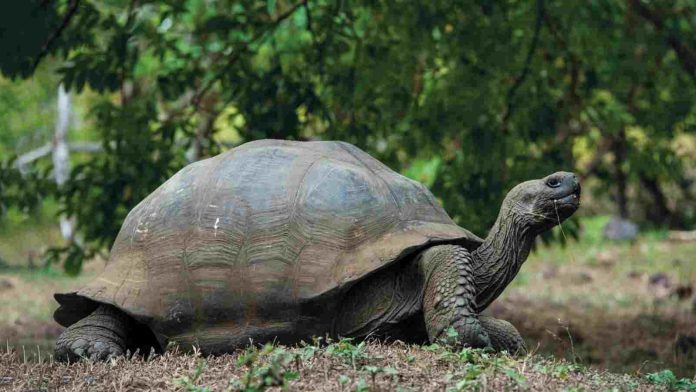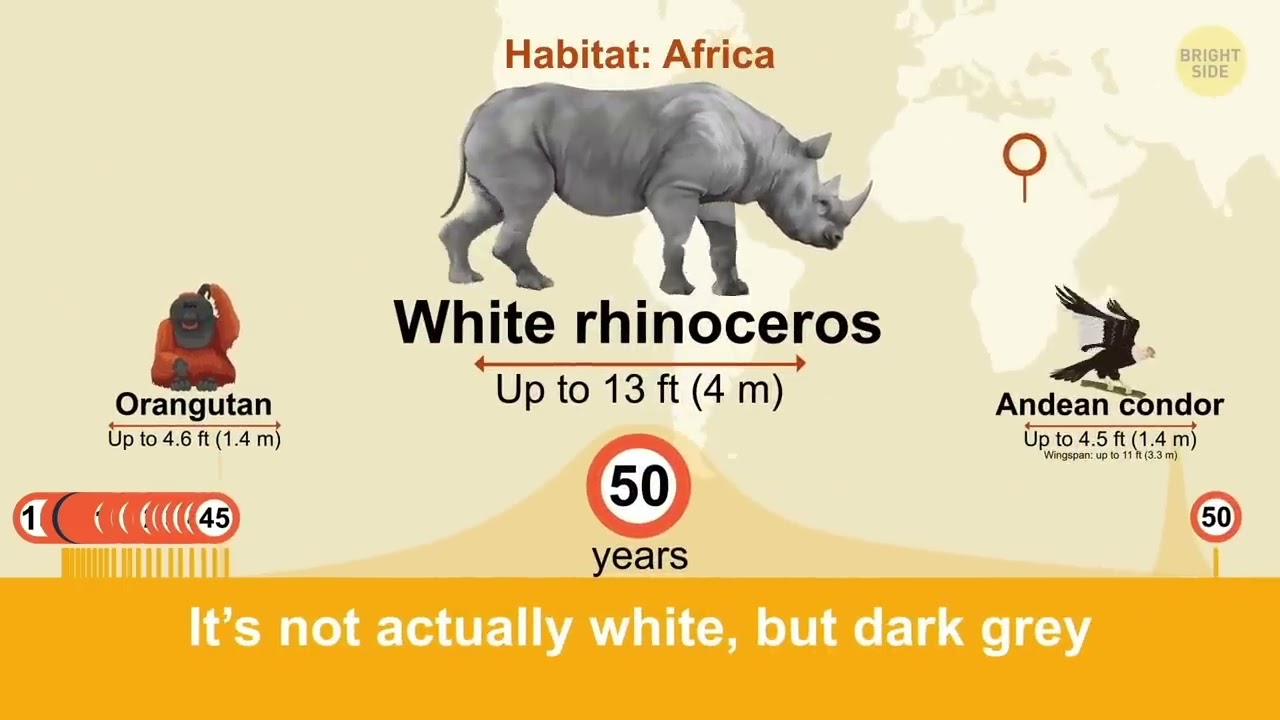Every living creature, who lives on this planet, has to die one day. Be it humans, animals, plants, or other organisms. Everything has a shelf life and they seize to exist after a point because of various factors.
But there are some animals who tend to live longer than most of us, especially humans. So here is a list of 10 animals with the longest life cycle.
Read More: What Is Brain-Eating Amoeba? The Deadly Micro-Organism That Lives In Water Bodies Can Kill You
10 Animals That Live The Longest
1. Bowhead Whales

The bowhead whales are one of the longest-living animals on earth. The exact lifespan of these arctic and subarctic whales is unknown but some evidence suggests it’s around 100 years or sometimes even 200 years. According to the National Oceanic and Atmospheric Administration (NOAA), the stone harpoon tips found in some harvested whales is a proof of that. They also have mutated genes that protect them from cancer, growth, and repair of cells, and duplication that could slow aging.
2. Greenland Shark

The Greenland sharks live around 300 and 500 years and are the longest-living vertebrate. They move at a slow speed, an average of 0.76 mph. The sharks grow a centimeter in a year and females reach their sexual maturity between 100 to 150 years of age. Taking life slowly helps them to live for so long. It is only recently that scientists discovered a new method to estimate their age involving radiocarbon dating the lens of the eye.
3. Rougheye Rockfish

They are one of the longest-living fish with a maximum lifespan of at least 205 years. These fish are brown and pink in color and they live in the Pacific Ocean from California to Japan. They grow up to 38 inches (97 centimeters) in length and eat shrimps and smaller fish. They are at a level of extinction in Canada.
4. Galapagos Giant Tortoise

Both the size and the age of these giant tortoises are worth noting. They live for more than 100 years. The oldest recorded tortoise is 152 years old. Like many, giant tortoises have a slow pace of life. They munch on grass and other vegetation and bask in the sun and rest for up to 16 hours a day.
5. Freshwater Pearl Mussel
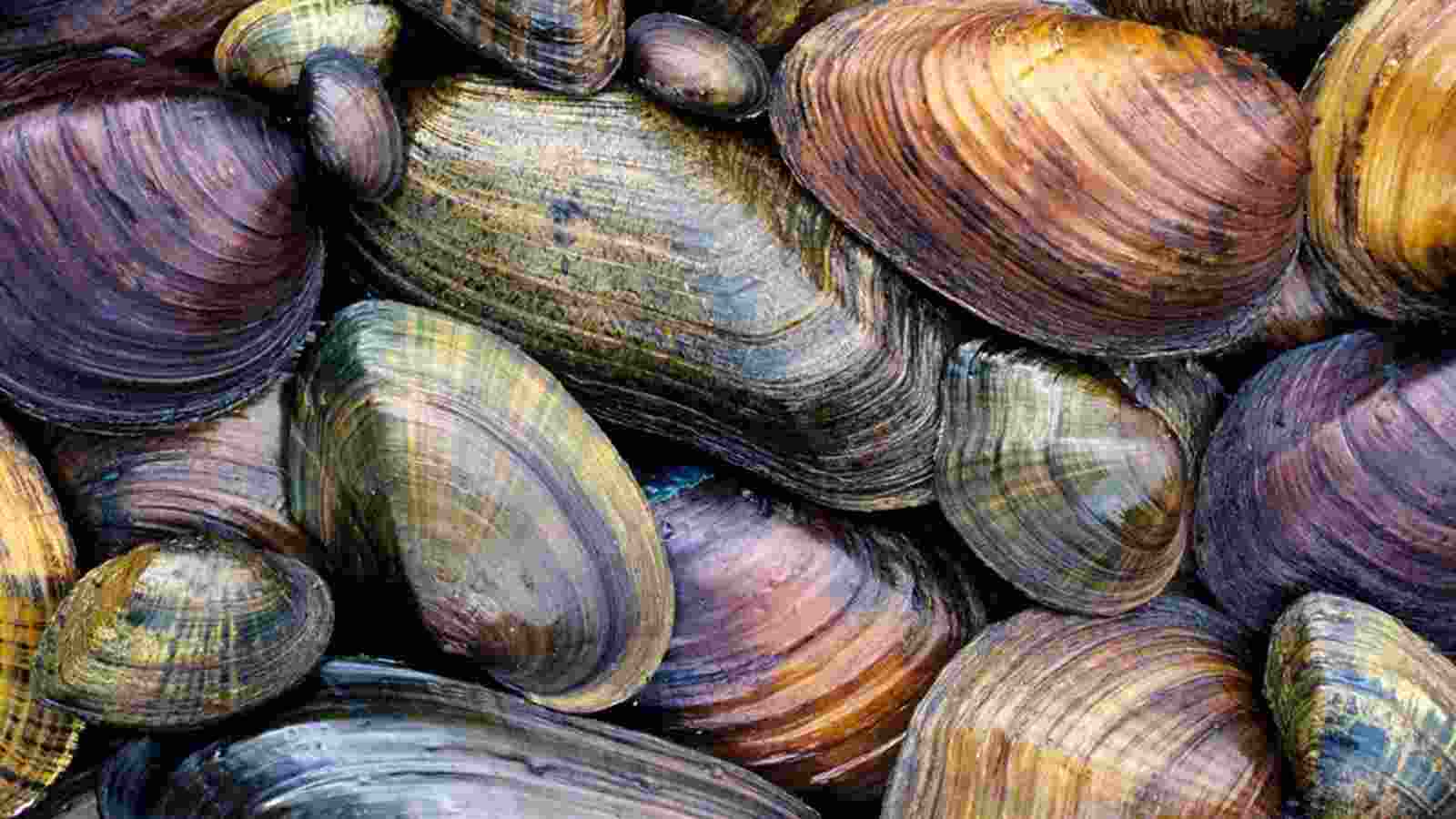
These creatures are bivalves that filter particles of food from the water. Mussels mostly live in rivers and streams and can be found in Europe and North America, including the USA and Canada. According to WWF, the oldest known freshwater pearl mussel was 280 years old. Mussels live longer because of their slow metabolism.
6. African Elephant
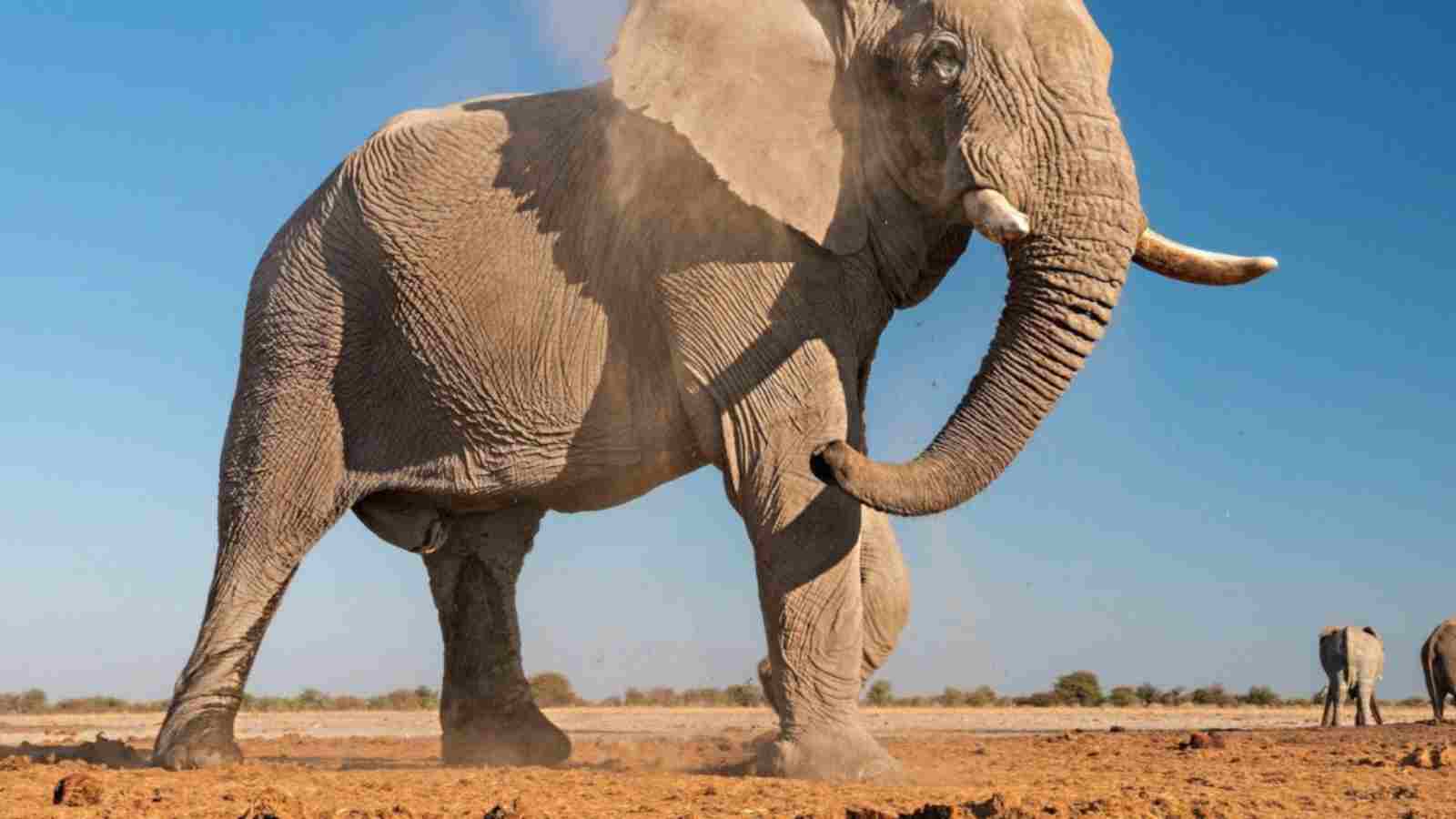
The largest living land animals on earth, the African elephants are also one of the oldest. They have an average lifespan of 70 years. Experts are able to determine their age by their size and number of teeth. The females reach breeding age at around 10-12 years and may remain fertile for the rest of their lives.
7. Ocean Quahog Clam
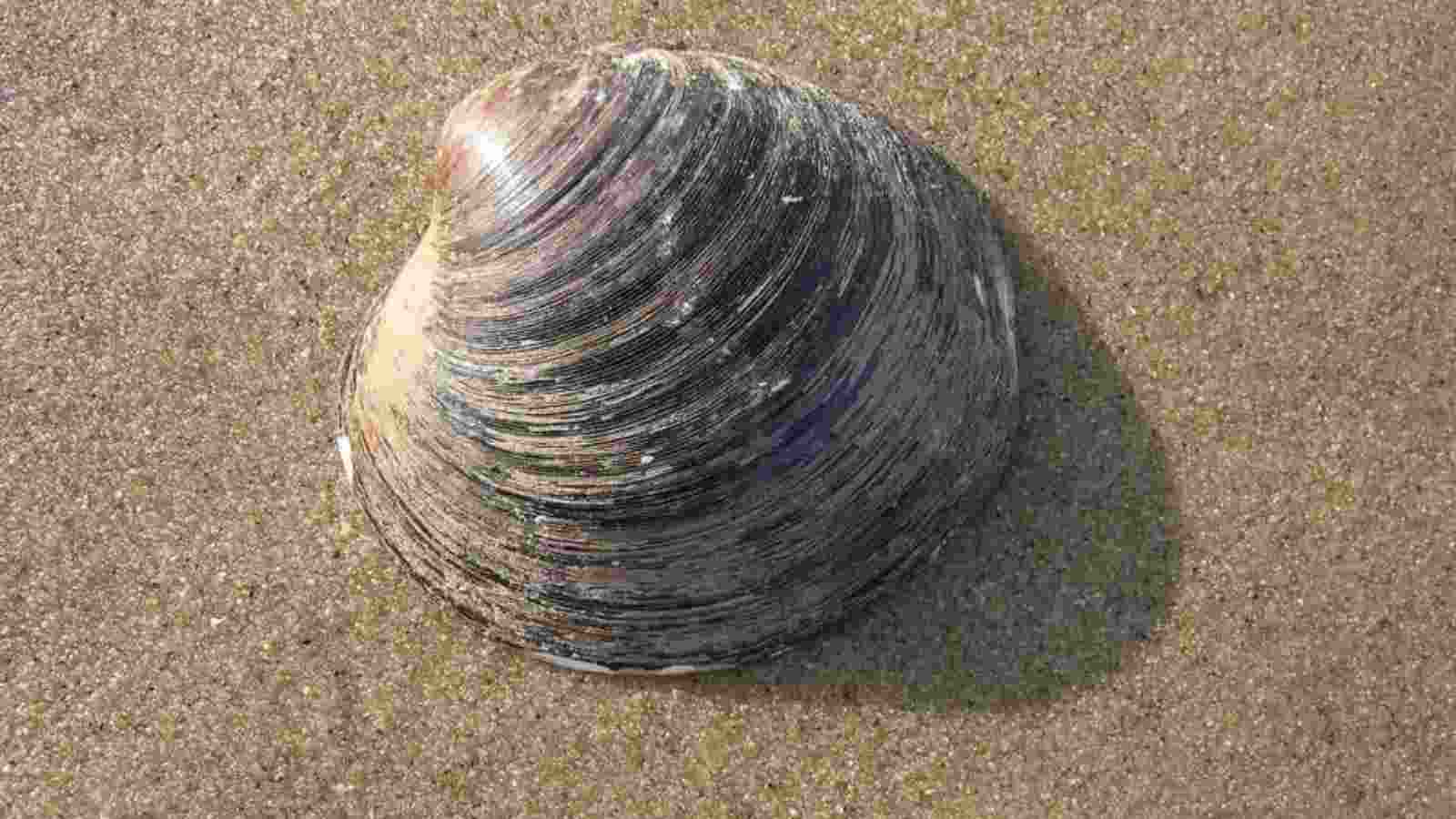
Ocean Clams live in the North Atlantic Ocean and can live even longer than any other bivalve. One saltwater Quahog clam was found off the coast of Iceland in 2006 and was 507 years old. According to the Wales Museum in the U.K., the ancient clam was nicknamed Ming as it was born in 1499 when the Ming Dynasty ruled China (from 1368 to 1644).
8. Red Sea Urchin
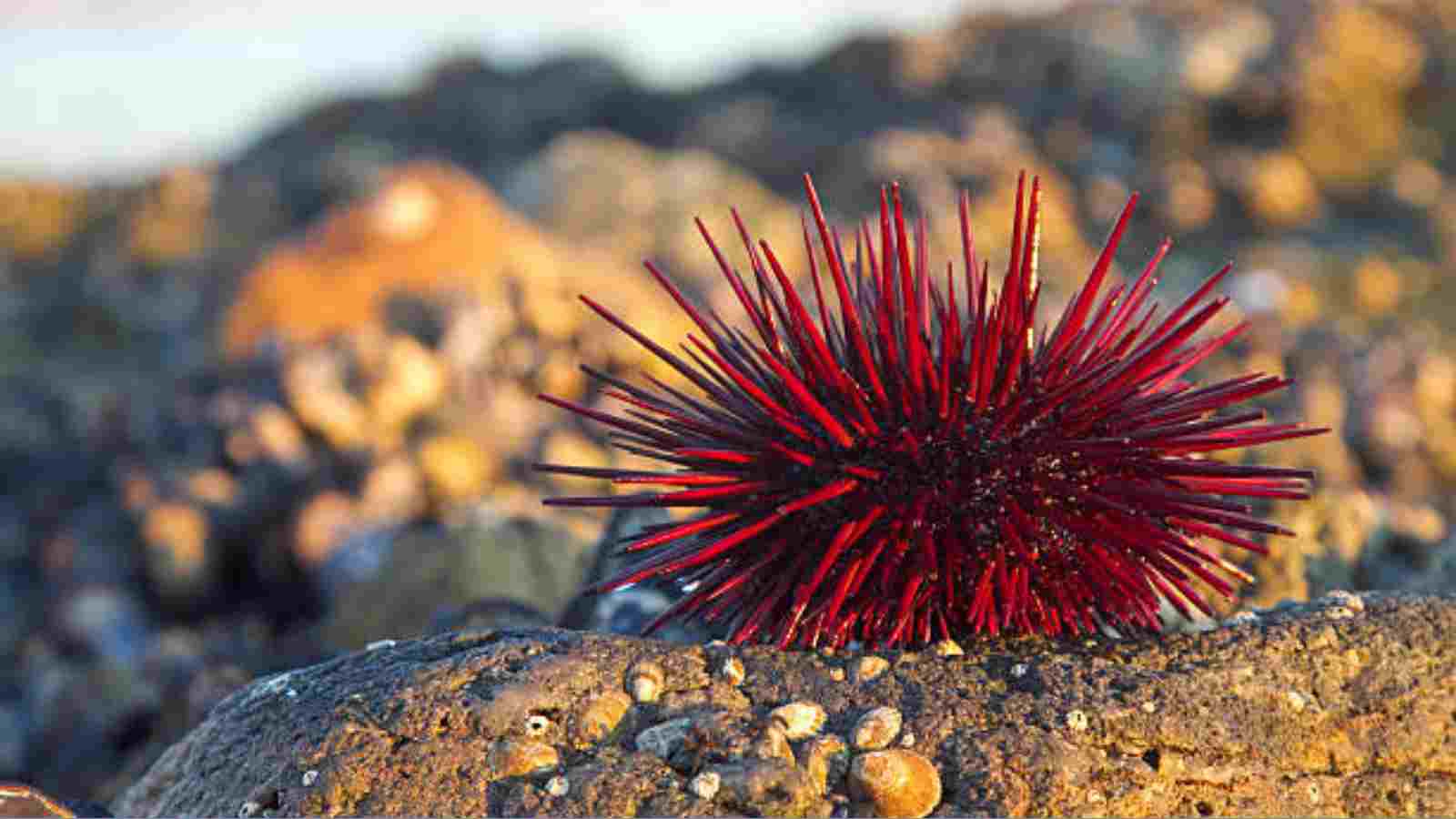
Rea Sea Urchins can live up to 200 years without any sign of aging. There are higher chances of them being eaten by a predator than dying of an age-related condition. A century-old Urchin is just as healthy and able to reproduce as a young individual. Experts find their age by measuring the levels of carbon-14, a process known as radiocarbon dating.
9. Black Coral

Corals are made up of the exoskeletons of invertebrates called polyps. The polyps continue to multiply and replace themselves by creating a genetically identical copy. As time goes on, it causes the coral exoskeleton structure to grow bigger. They can live up to 100 years or more, but deep-water black corals live the longest. One Coral found off the coast of Hawaii has been measured to be 4,265 years old.
10. Hydra
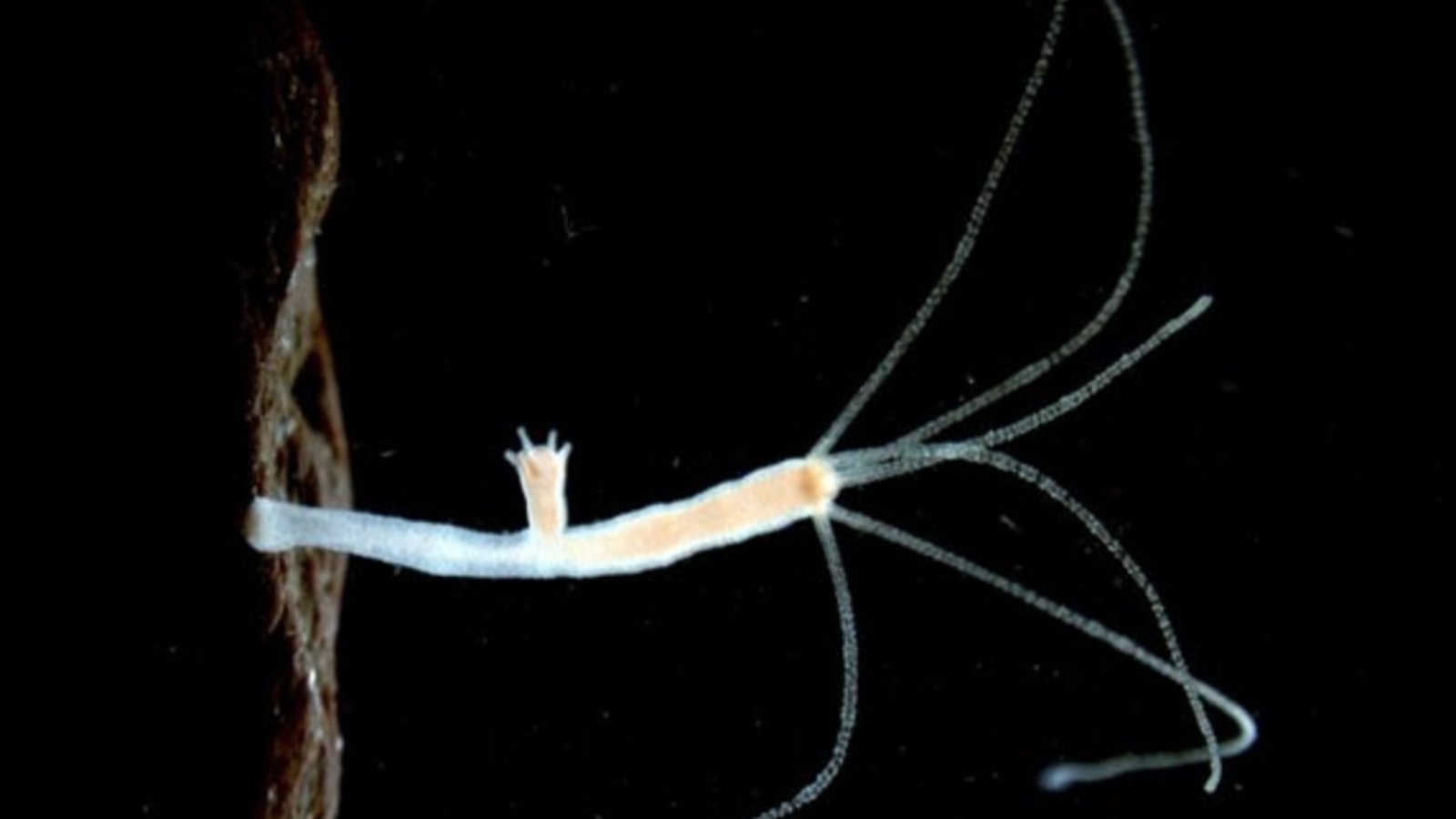
Hydras are Jellyfish look alike creatures with small invertebrates and soft bodies. They have the potential to never die with no sign of aging. So basically they are potentially immortal. The invertebrates in them are largely made up of stem cells that continue to regenerate. Hydras don’t live forever under natural conditions because of predators and disease.
Read More: Top 10 Hollywood Stars Who Confessed Their Celebrity Crushes

